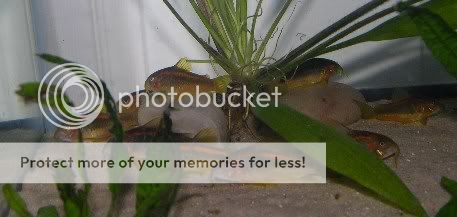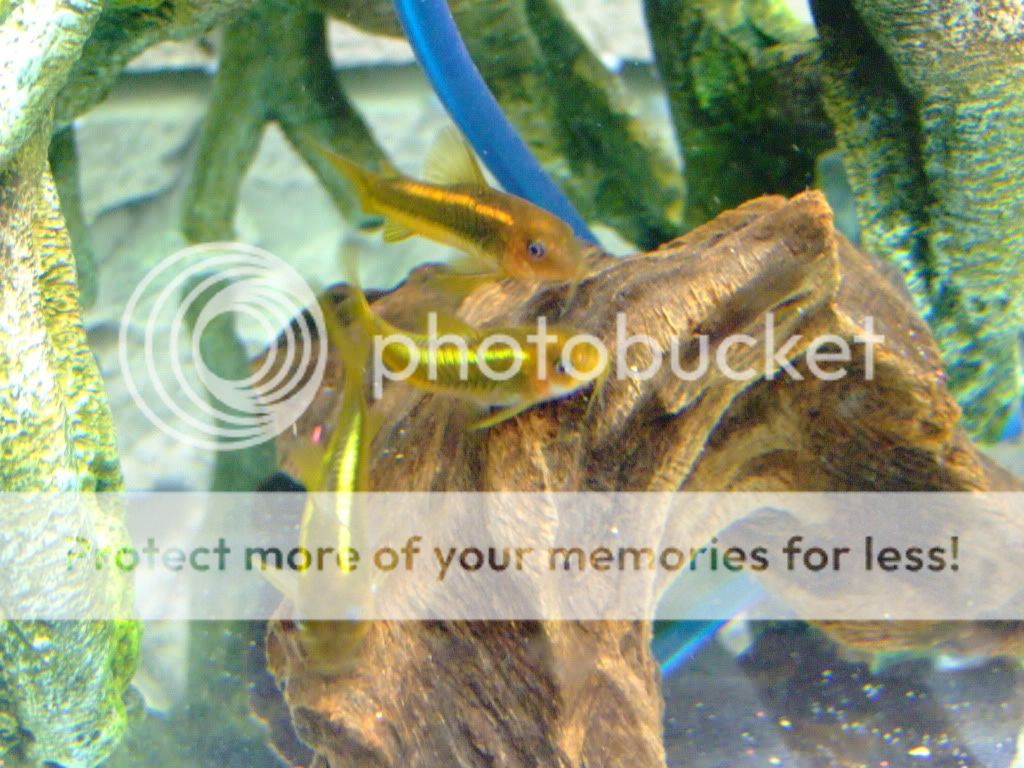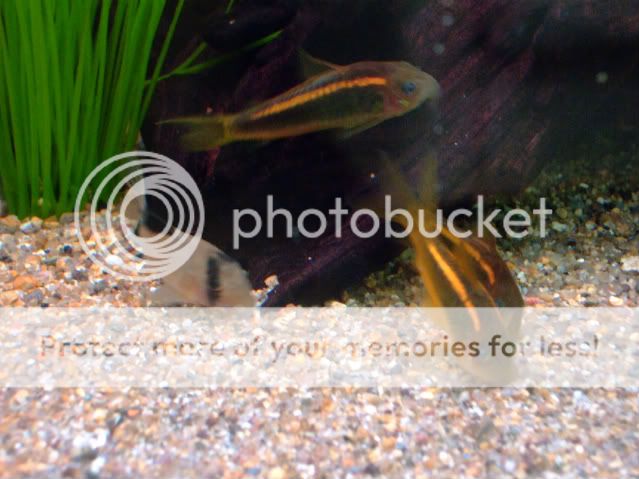Hi mattlee 
I never did find these corys to be anti-social at all, in fact, quite the contrary. Here's an old picture that was typical of their behavior when I had a big group of them.

It might just be that you haven't had your group long enough for them to be truly settled in yet. There are other advantages to a quarantine tank as well as being able to spot disease. Being placed in their own tank for a while gives them, especially ones that have been wild caught and transported all over the world, a chance to settle down and get used to the relative quite of life in a tank. If they have been run down, the attention and extra foods they get will strengthen them and this sense of well being will effect their behavior both at first and after they have been introduced to tankmates.
I would seriously try to get a tank large enough to hold both groups and keep them together. The more natural you can make their environment, the better it will probably be for them.
I never did find these corys to be anti-social at all, in fact, quite the contrary. Here's an old picture that was typical of their behavior when I had a big group of them.

It might just be that you haven't had your group long enough for them to be truly settled in yet. There are other advantages to a quarantine tank as well as being able to spot disease. Being placed in their own tank for a while gives them, especially ones that have been wild caught and transported all over the world, a chance to settle down and get used to the relative quite of life in a tank. If they have been run down, the attention and extra foods they get will strengthen them and this sense of well being will effect their behavior both at first and after they have been introduced to tankmates.
I would seriously try to get a tank large enough to hold both groups and keep them together. The more natural you can make their environment, the better it will probably be for them.




 /www.planetcatfish.com/shanesworld/s...?article_id=182
/www.planetcatfish.com/shanesworld/s...?article_id=182

